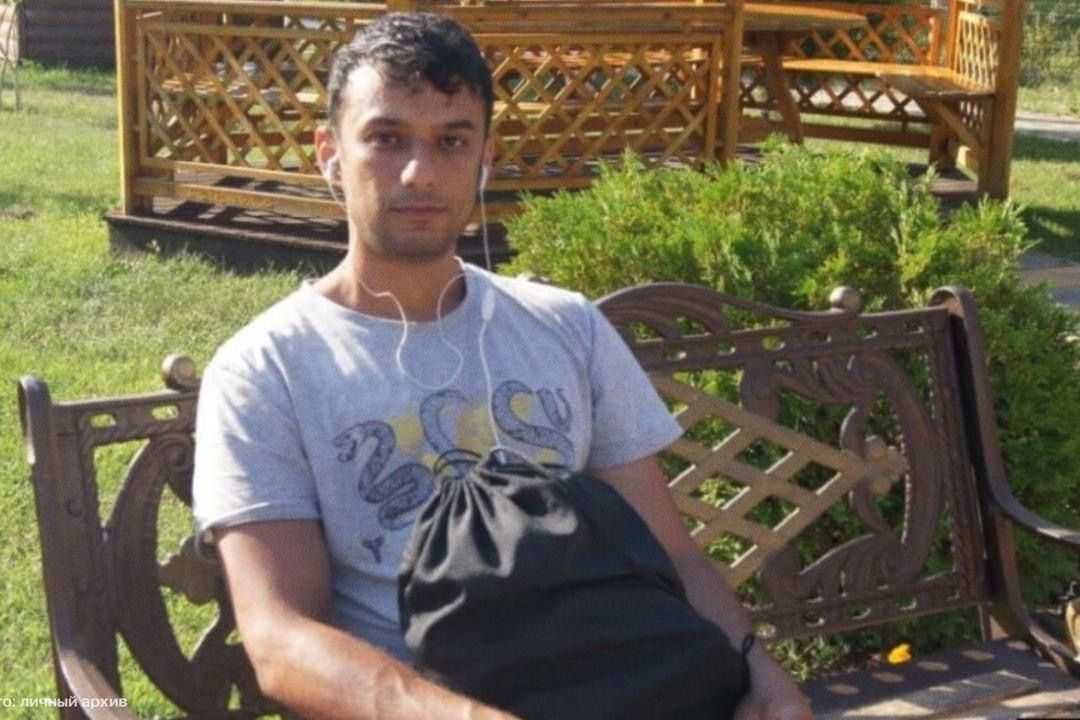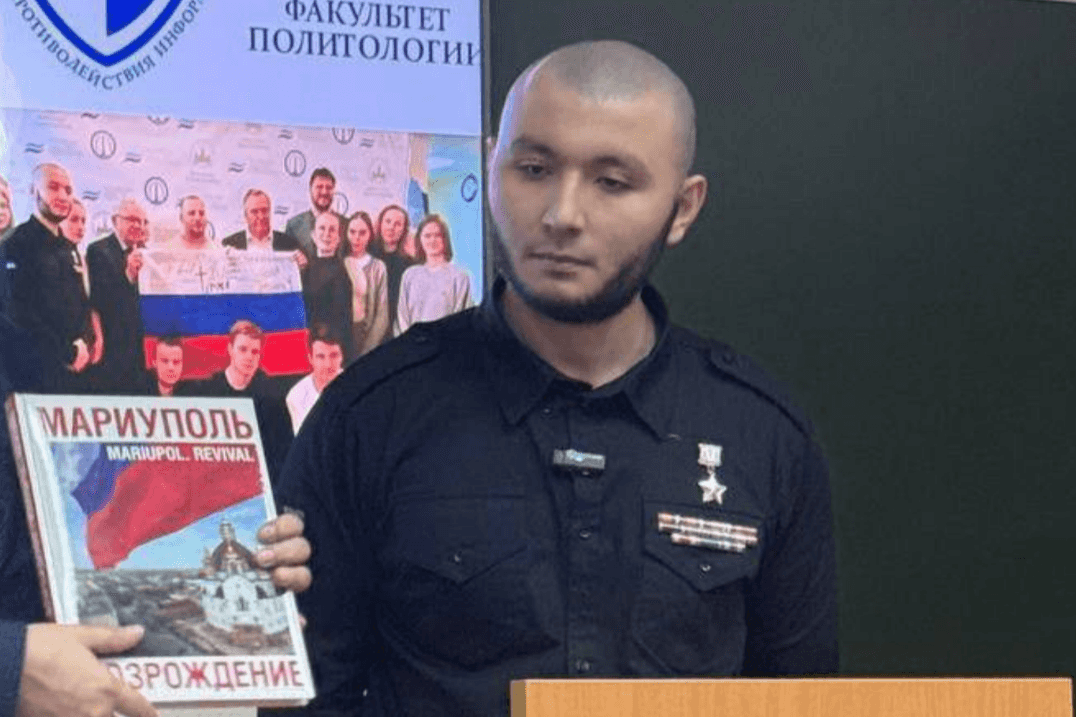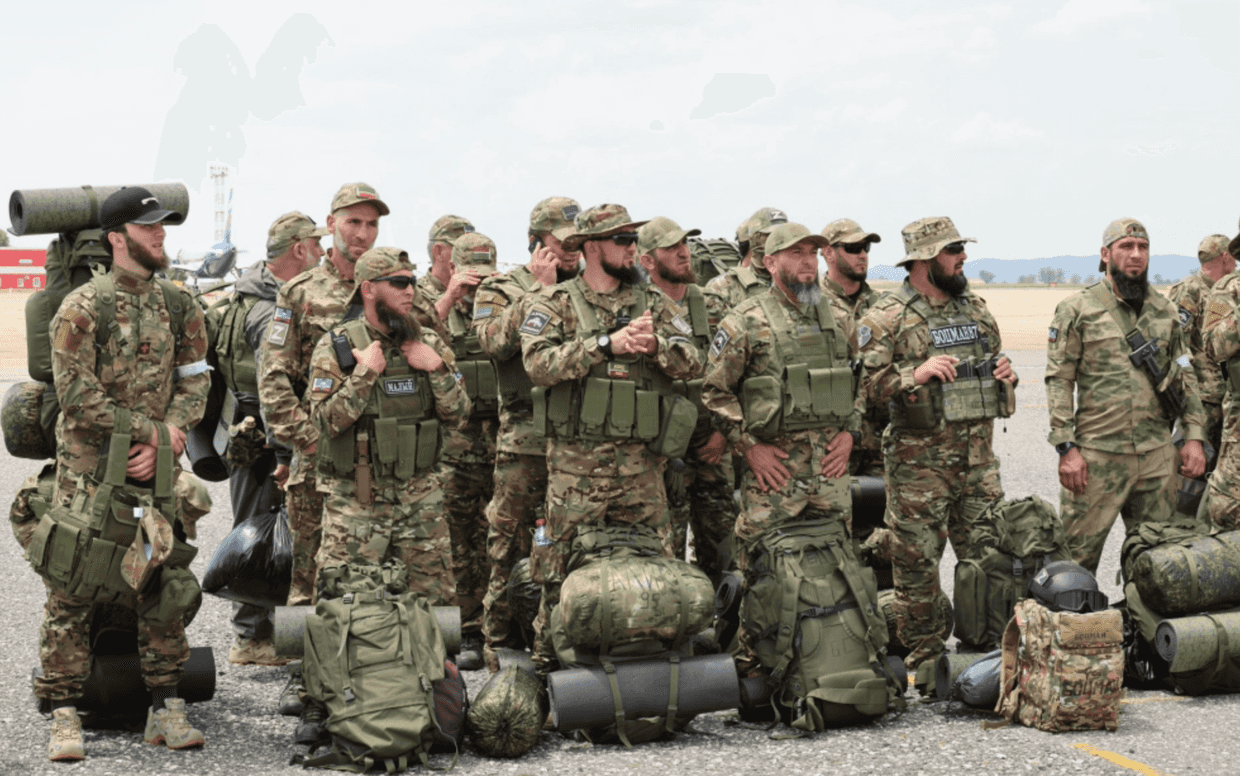
At least 12 relatives of a Daghestani official have been detained as several regions of the North Caucasus have stepped up security following Sunday’s deadly attacks in Daghestan. Chechen Head Ramzan Kadyrov has meanwhile promised to eliminate the male bloodline of any attackers.
The 23 June attacks, which targeted Orthodox churches, a synagogue, and a traffic police post in two Daghestani cities, resulted in the deaths of at least 20 people and the hospitalisation of at least 16 more.
On Wednesday, Russian state news agency TASS reported that six sons of the former head of Daghestan’s Sergokalinsky District, Magomed Omarov, had been arrested on charges of petty hooliganism. Omarov was on Wednesday given a 10-day administrative sentence due to the participation of another son, Osman Omarov, and his nephew, Abdusamad Amadziev, in the attacks, both of whom were killed by law enforcement officers. Two of Omarov’s wife’s nephews, who also participated in the attack, were also reportedly killed.
Six more relatives of Omarov’s were detained earlier in the week, and found guilty of administrative offences.
Telegram channel Ask Rasul published a video of five men, whom it described as the brothers of Osman Omarov, asking for forgiveness ‘for the vile terrorist act that [their] brother committed’.
‘Strengthening security’ in Chechnya
On Tuesday, Ramzan Kadyrov wrote on Telegram that he had held a meeting with the leadership of Chechnya’s security and law enforcement agencies in light of the attacks in Daghestan.
‘I called on the leadership of law enforcement agencies to strengthen efforts to ensure public safety and prevent terrorism and religious extremism’, he wrote. ‘Particular emphasis must be placed on countering radical ideology emanating from European countries.’
In a video from the meeting, Kadyrov called those suspected of involvement in such attacks ‘shaitans’, an Islamic term for demons, and called for their ‘entire families’ to be punished, according to RFE/RL.
He stated families ‘must know that they bear full responsibility’.
‘If a person [attacks others], he must understand that through blood feud we will kill everyone — father, brother, uncle…’, he reportedly said. ‘You all know the symptoms of Wahhabism, if you see them, immediately report them to a local police officer. It’s better that we stop him in time than later kill you, your son and your brother.’
The Chechen opposition Telegram channel 1ADAT also claimed that all 18–20 year old employees of Chechen law enforcement agencies had been sent out on raids. No other media has yet confirmed the claim.
The leaders of other North Caucasus republics also stated that security measures were being stepped up, while withholding any specifics as to what this meant.
Ingush Head Mahmut Ali-Kalimatov called on citizens to act cautiously.
‘I would like to warn all of you: do not succumb to provocations, do not spread unverified information and treat strangers, their requests and instructions with great caution’, wrote Kalimatov.
Head of Kabardino-Balkaria Kazbek Kokov similarly said that the republic was taking ‘necessary preventive measures, security measures have been strengthened’.
North Ossetia’s Head Sergey Menyailo announced that the republic’s security forces were now in an ‘enhanced duty regime’, with the security of public places strengthened.
‘I would like to appeal to the residents of North Ossetia: it is necessary to remain calm and not give in to panic. Because this is exactly what this bunch of provocateurs are trying to achieve — to disturb the peace, to sow enmity in the Caucasus between representatives of different nations and religious denominations’, wrote Menyailo.








